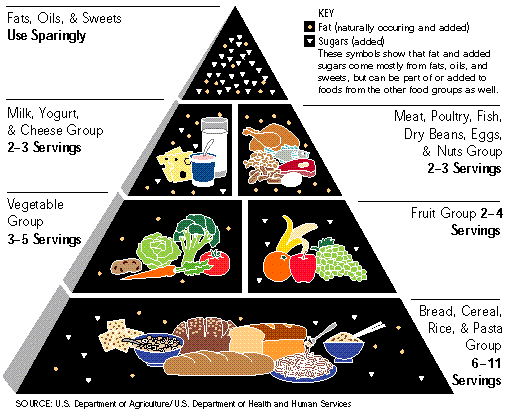One of the greatest inventions for the food industry and consumers alike has been the refrigerator. What would we do without it? The modern refrigerator enables us to shop less frequently and keep larger quantities of food fresh. Foods are kept in the refrigerator to preserve freshness and keep it safe.
While colder temperatures do keep food fresh and inhibit bacterial growth microorganisms that cause food spoilage can still multiply and grow when food is left too long, so you cannot leave food in a refrigerator for an indefinite period of time. Some foods have a longer shelf life than others while some will need to be discarded more quickly. If you follow these guidelines it will help you a great deal with keeping your perishable foods safe and fresh.
First, you should strive to maintain a temperature of at least 40 degrees or less and keep a refrigerator thermometer in your refrigerator to be sure that the temperature remains at that level. You may also have to adjust the temperature on a seasonal basis dependent upon where you live. If you live in an area that gets very cold in the winter a 40 degree setting may prove to be too cold and result in freezing some foods such as milk and lettuce. Another tip is to be sure not to overload your refrigerator. It is crucial that air be able to circulate around the food to keep it fresh and cool.
Always leave any meat and poultry products in the store wrap they were in when you bought them until you use them. The reason for this is to reduce the chance for bacteria to form which can increase with repeated handling. It is suggested that you store food that has been opened in foil, leakproof plastic bags, or airtight containers that will protect food from drying out. You always want to keep meat, poultry, and fish in the coldest part of the refrigerator. Be sure to store your eggs in their original carton on a shelf and not in the door.
Never defrost or marinate meats on the kitchen counter, instead accomplish this by keeping the meats in the refrigerator where they will remain safe. Clean your refrigerator on a regular basis and remove spoiled foods immediately to avoid the possibility of passing the bacteria to other foods.
By following these simple guidelines you will lessen the likelihood for bacteria and spoilage.

 The Simplest Way To Lessen Your High Cholesterol By Natural Means
High-cholesterol is a major variable inside the countrywide
The Simplest Way To Lessen Your High Cholesterol By Natural Means
High-cholesterol is a major variable inside the countrywide
 Introduction To Of Some Lower Cholesterol Foodstuffs
Cholesterol is a fat-like element contained in the physique
Introduction To Of Some Lower Cholesterol Foodstuffs
Cholesterol is a fat-like element contained in the physique
 Starting Up An Aquaponics Set Up From See The Easy Way
Planting seeds in your aquaponics system can be a lot simpl
Starting Up An Aquaponics Set Up From See The Easy Way
Planting seeds in your aquaponics system can be a lot simpl